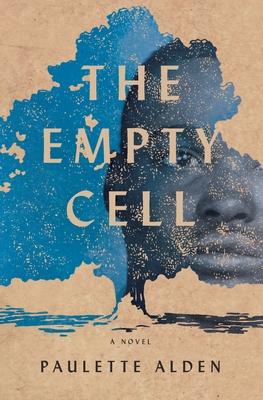In the wake of the lynching in 1947 of a young Black man named Willie Earle by a mob of cab drivers in Greenville, South Carolina, four people on the periphery of Earle's life find their lives upended. Lee Trammell, one of twenty-eight cabbies acquitted at trial, is tortured by the idea that not guilty is not the same as innocent, and escapes in the only way he knows how. Alma Stone, who loved Willie when he was a child, loses her religion and flees the South, only to discover that Harlem is not the Promised Land she sought. Lawton Chastain, a closeted gay prosecutor, realizes he must destroy his settled married life if he is ever to have a chance at happiness. Betsy Chastain, on the cusp of adulthood, embarks on a passionate interracial affair that teaches her the power and limits of love and sex.
Against the backdrop of the social and racial strictures of the fifties, each of these characters struggles to find his or her own version of freedom. Each experiences loss, sorrow, and growth as the South begins its long march toward racial equality. Deeply authentic, rich in psychological insight, and eloquently told, The Empty Cell will keep readers immersed in its pages from beginning to end.
